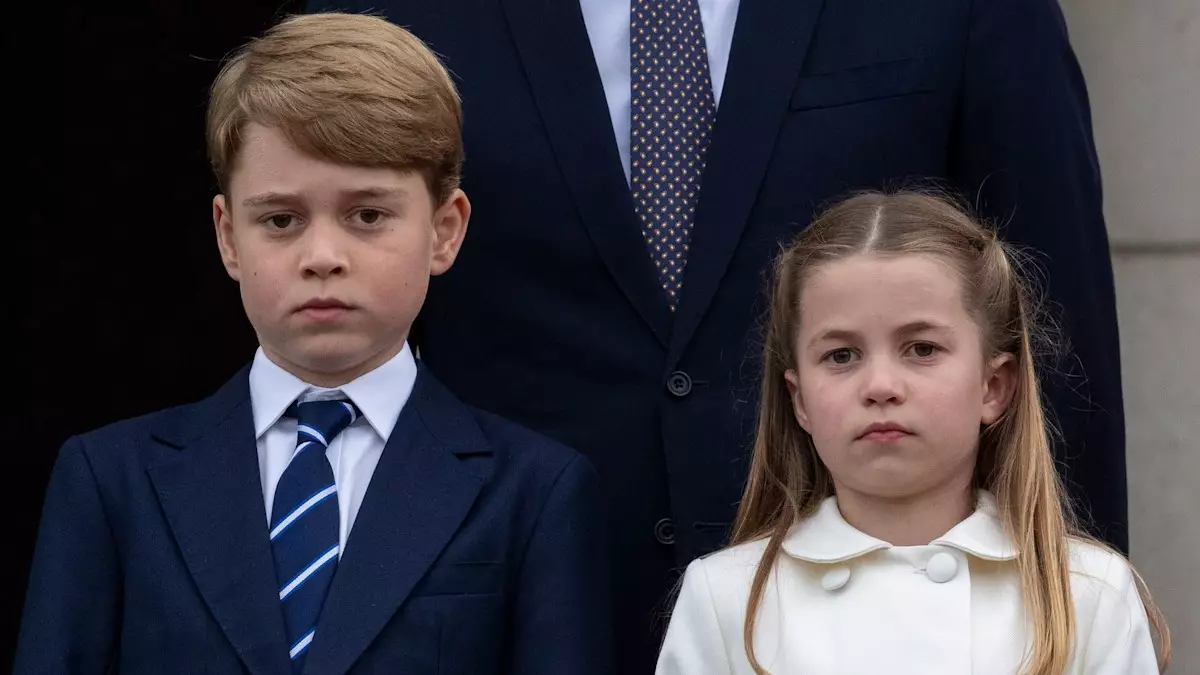In a world increasingly driven by safety and security concerns, traditional norms often fall by the wayside, especially within royal families. Recent insights into the travel habits of the Prince and Princess of Wales reveal a fascinating intersection between royal customs and modern-day pragmatism. The participation of their children, Prince George and Princess Charlotte, on overseas engagements has sparked intriguing discussions around the well-established precedent that restricted heirs from traveling together on the same flight.
Historically, this unwritten rule served as a precautionary measure to safeguard the monarchy’s future. In the British royal family, where succession is paramount, it seemed counterintuitive to risk multiple heirs on a single aircraft. However, the active choices made by Prince William and Kate Middleton illustrate a departure from strict adherence to this convention. Notably, William’s decisions to take his eldest child on international tours to Australia in 2014 and Canada in 2016 demonstrate a willingness to adapt royal protocols.
The monarchy’s historical context also plays a significant role in shaping modern royal practices. When Prince William sought permission from the late Queen to bring young George to Australia, it marked a shift in perception around what was deemed acceptable for royal travel. This act reinforces the idea that while safety remains a priority, evolving interpretations of family engagement take precedence in the contemporary royal image.
The influence of personal relationships and roles in family life are crucial exemplary factors here. As societal norms regarding parenting continue to evolve, royal figures are increasingly portrayed as relatable and engaged parents. This dynamic can be seen in the recent emphasis on Charles, Diana, William, and Harry’s family trips, which evidently were filled with memories, providing a more humanized perspective of royal life.
As the elder royal offspring, George’s impending twelfth birthday signals a significant transition in travel protocols. According to former royal pilot Graham Laurie, this age denotes a shift unto a separate aircraft for Prince George, suggesting an underlying complexity to the monarchy’s operational framework. The royal family’s transition from collective to separated travel illustrates a continuity of tradition but also an adaptation to the inherent risks involved.
Such operational changes, once spearheaded in the past, highlight a careful balance between maintaining family heritage and addressing practical considerations in the face of modern challenges. The fact that the King himself cannot travel with the Prince of Wales reiterates the necessity of inherited travel guidelines that prioritize safety and succession stability over tradition.
As we analyze these emerging protocols, it’s clear that the royal family will need to balance the public expectations of accessibility and modern parenting against the inevitable security measures. The need to cut costs while maintaining security is a pressing concern for the monarchy; yet, it is equally essential that they set a precedent that aligns with public sentiment. As such, the royal family’s travel practices will undoubtedly continue to evolve, responding to both firm traditions and an ever-shifting landscape of expectations.
The royal family’s travel dynamics mirror broader societal shifts and highlight a unique juxtaposition of safety, tradition, and intentional parenting at play. As evolving security measures take hold, and childhood experiences become integrated into royal engagements, the public will keenly await how these royal journeys unfold.


Leave a Reply